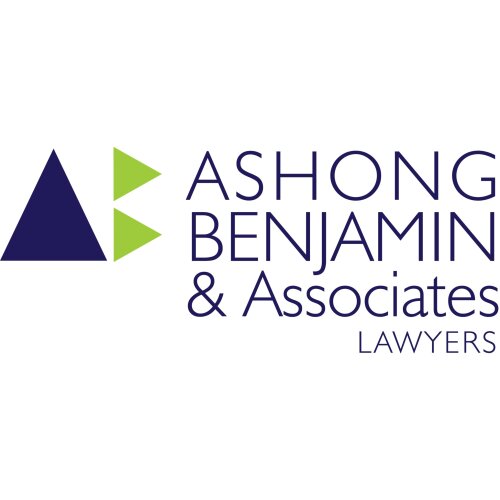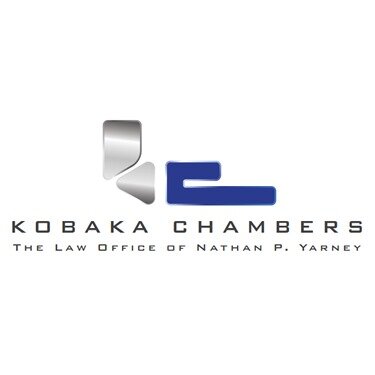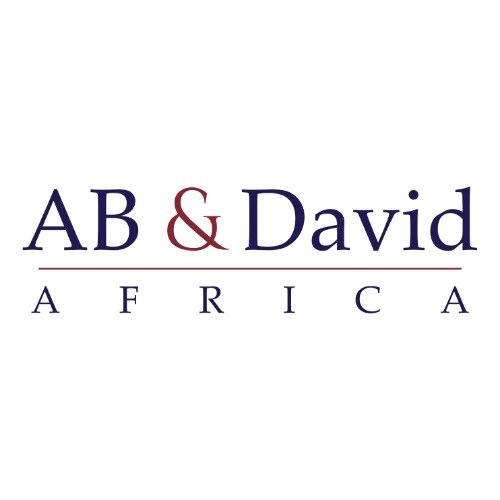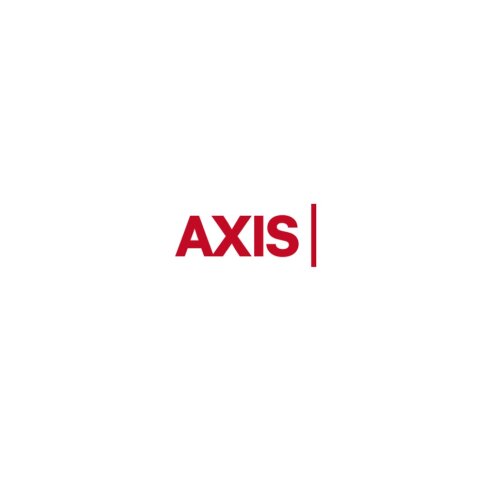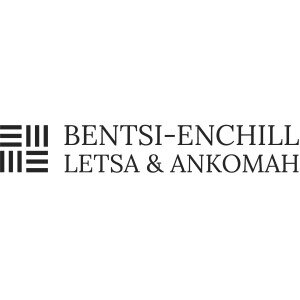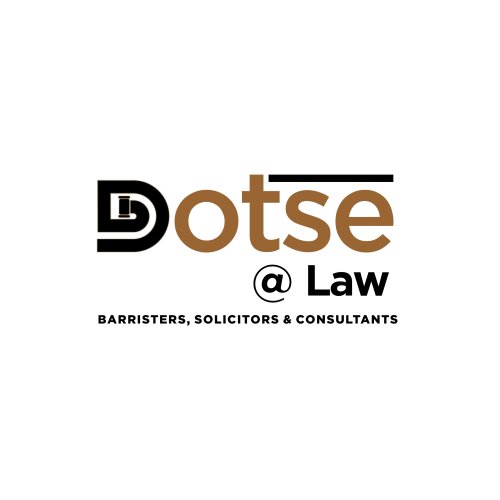Best Labor Law Lawyers in Accra
Share your needs with us, get contacted by law firms.
Free. Takes 2 min.
List of the best lawyers in Accra, Ghana
About Labor Law in Accra, Ghana
Labor Law in Accra, Ghana is primarily governed by the Labour Act, 2003 (Act 651). This legislation outlines the legal framework for employment relations, the rights and duties of workers and employers, and the processes for dispute resolution. The law covers various aspects of employment such as contracts, working conditions, health and safety standards, trade union activities, and termination procedures. The Ghanaian Labor Law aims to balance the dynamics between employers' operational requirements and workers' rights, promoting fairness and equity in the labor market of Accra and beyond.
Why You May Need a Lawyer
In Accra, situations where individuals may need legal help in Labor Law include disputes over wrongful termination, discrimination or harassment at work, breach of contract, unfair labor practices, and issues regarding wages and benefits. Employers may also seek legal advice for compliance with labor regulations, drafting employment contracts, handling trade union negotiations, and managing disputes before they escalate. With the complexities of labor legislation and potential for conflicts arising from employment relationships, having a lawyer with expertise in Labor Law is essential for both preventative measures and dispute resolution.
Local Laws Overview
The Labour Act in Ghana encompasses important labor regulations, including:
- Employment Contract: It is mandatory for employers to provide a written contract within two months of employment commencement.
- Working Hours: The standard work period should not exceed eight hours a day or forty hours a week, excluding overtime.
- Leave and Holidays: Employees are entitled to annual leave, sick leave, maternity leave, and public holidays as stipulated by law.
- Termination and Redundancy: The Act specifies fair grounds for termination of employment and mandates severance pay under specific circumstances.
- Trade Unions: Workers have the right to form or join trade unions and engage in collective bargaining.
These are just some of the fundamental facets of labor law that are critical for both employees and employers to understand.
Frequently Asked Questions
What should I do if I’ve been wrongfully terminated?
If you believe you've been wrongfully terminated, the Labour Act provides a legal remedy. It’s advisable to consult with a lawyer who specializes in Labor Law to review your case and potentially file a claim with the Labor Commission.
How do I file a complaint for unpaid wages?
If dealing directly with your employer does not resolve the issue, you can file a complaint with the National Labour Commission, which is the body responsible for resolving labor disputes.
What are the legal working hours in Accra?
Legal working hours should not exceed eight hours per day, or forty hours per week, excluding overtime, according to the Labour Act.
Can I join a trade union of my choice?
Yes, as an employee in Ghana, you have the right to join or form a trade union of your choice for the protection of your interests.
What is the minimum wage in Accra, Ghana?
The national minimum wage is periodically reviewed and set by the National Tripartite Committee. It is important to check the latest figures as they are subject to change.
What is the process for severance pay?
Severance pay is determined based on factors such as the length of service and the reason for termination, as defined by the Labour Act. Consulting a labor lawyer can help you understand the specific calculations and entitlements for your situation.
Are breaks and rest periods mandated by law?
Yes, employees are entitled to breaks and rest periods between work shifts, the specifics of which are outlined in the Labour Act.
How are labor disputes resolved in Accra, Ghana?
Labor disputes are typically resolved through the National Labour Commission, which provides mediation and arbitration services.
What rights do I have regarding workplace health and safety?
Employees are entitled to a safe work environment. Employers are mandated to follow health and safety regulations, provide necessary protective equipment, and mitigate potential hazards.
Can I be dismissed while on sick leave?
Dismissal during sick leave can be considered unlawful if it is solely due to illness. The specifics, however, can vary depending on the circumstances and employment contract terms, so legal advice is recommended.
Additional Resources
Key resources for Labor Law in Accra include the following:
- The National Labour Commission: A government body responsible for settling labor disputes and ensuring compliance with the Labour Act.
- The Ministry of Employment and Labour Relations: Supervises the labor market and enforces labor laws.
- Legal Aid Scheme: Provides assistance to those who cannot afford legal representation.
- Trade Unions: Various trade unions can also provide support and advice regarding labor-related issues.
Next Steps
If you require legal assistance in Labor Law in Accra, consider taking the following steps:
- Document all relevant employment records, communications, and any evidence relating to your case.
- Seek recommendations or search for a reputable lawyer specialized in Labor Law.
- Meet with your chosen lawyer to discuss the specifics of your situation. Be sure to bring all relevant documentation.
- Discuss strategies with your lawyer for dispute resolution, which may include negotiation, mediation, or formal legal action.
- Follow the legal advice provided and cooperate with legal procedures to resolve your labor law issue.
Understanding your rights and obligations under Ghana's Labor Law is crucial for effectively navigating employment issues. Legal representation can provide vital support in ensuring justice and fairness in the workplace.
Lawzana helps you find the best lawyers and law firms in Accra through a curated and pre-screened list of qualified legal professionals. Our platform offers rankings and detailed profiles of attorneys and law firms, allowing you to compare based on practice areas, including Labor Law, experience, and client feedback.
Each profile includes a description of the firm's areas of practice, client reviews, team members and partners, year of establishment, spoken languages, office locations, contact information, social media presence, and any published articles or resources. Most firms on our platform speak English and are experienced in both local and international legal matters.
Get a quote from top-rated law firms in Accra, Ghana — quickly, securely, and without unnecessary hassle.
Disclaimer:
The information provided on this page is for general informational purposes only and does not constitute legal advice. While we strive to ensure the accuracy and relevance of the content, legal information may change over time, and interpretations of the law can vary. You should always consult with a qualified legal professional for advice specific to your situation.
We disclaim all liability for actions taken or not taken based on the content of this page. If you believe any information is incorrect or outdated, please contact us, and we will review and update it where appropriate.



